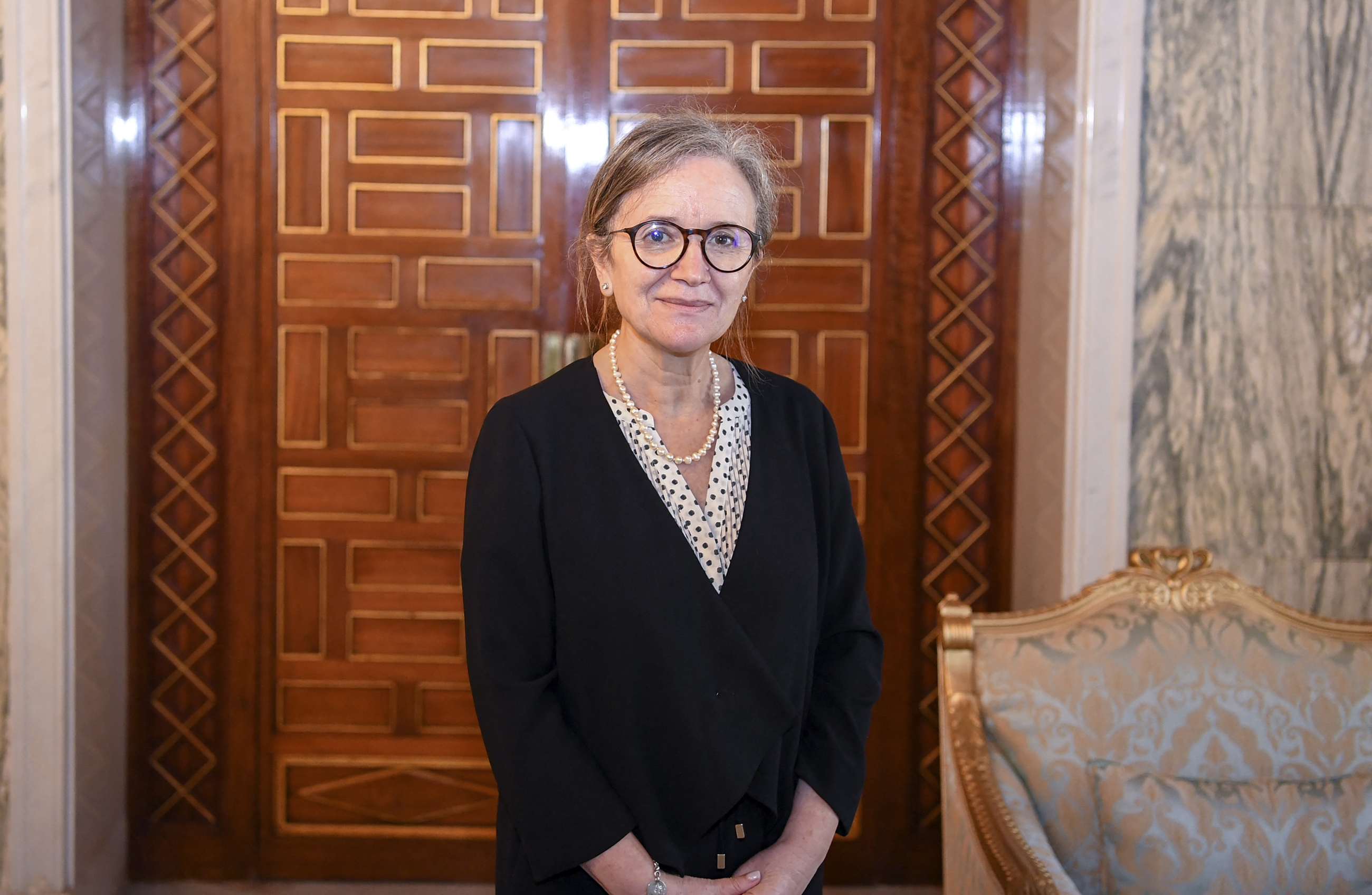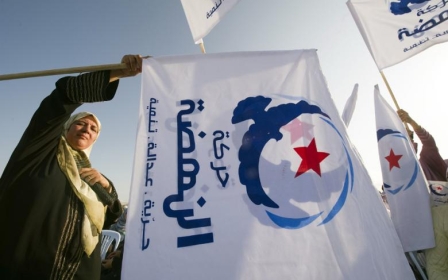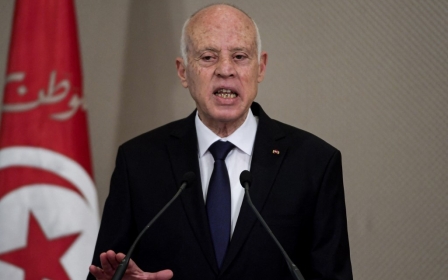Tunisia’s President Saied appoints first woman prime minister

Tunisian President Kais Saied has appointed Najla Bouden Romdhane as prime minister, making her the first woman to hold the position in Tunisia, the presidency said in a statement on social media on Wednesday.
The statement said the president has tasked Romdhane, a university engineer with little experience of government, to form a government as quickly as possible.
New MEE newsletter: Jerusalem Dispatch
Sign up to get the latest insights and analysis on Israel-Palestine, alongside Turkey Unpacked and other MEE newsletters
Romdhane, 63, is a university engineering professor and coordinator of programmes at the World Bank in the Ministry of Higher Education and Scientific Research.
The appointment comes two months after Saied dismissed the prime minister, Hichem Mechichi, and suspended parliament. He has since taken on wide executive powers, in a power grab labelled by opponents as a coup.
Speaking in a video published online, Saied said her appointment honoured Tunisian women and asked her to propose a cabinet in the coming hours or days "because we have lost a lot of time".
Saied said the new government's primary mission would be to "put an end to the corruption and chaos that have spread throughout many state institutions".
The president has been under growing domestic and international pressure to form a new government.
Saied took exceptional measures last Wednesday that strengthened the powers of his office at the expense of the government and parliament, declaring that he can rule by decree and ignore parts of the constitution.
The new powers seized last week were laid out in a series of decrees published in the official gazette and come two months after his move to suspend parliament.
Under the decrees the government, previously under a prime minister who answered to parliament, will report to the president, who will appoint cabinet members and set its policy direction and basic decisions.
Saied's new measures weakens the role of prime minister, which will be less important than in previous administrations.
Middle East Eye delivers independent and unrivalled coverage and analysis of the Middle East, North Africa and beyond. To learn more about republishing this content and the associated fees, please fill out this form. More about MEE can be found here.





